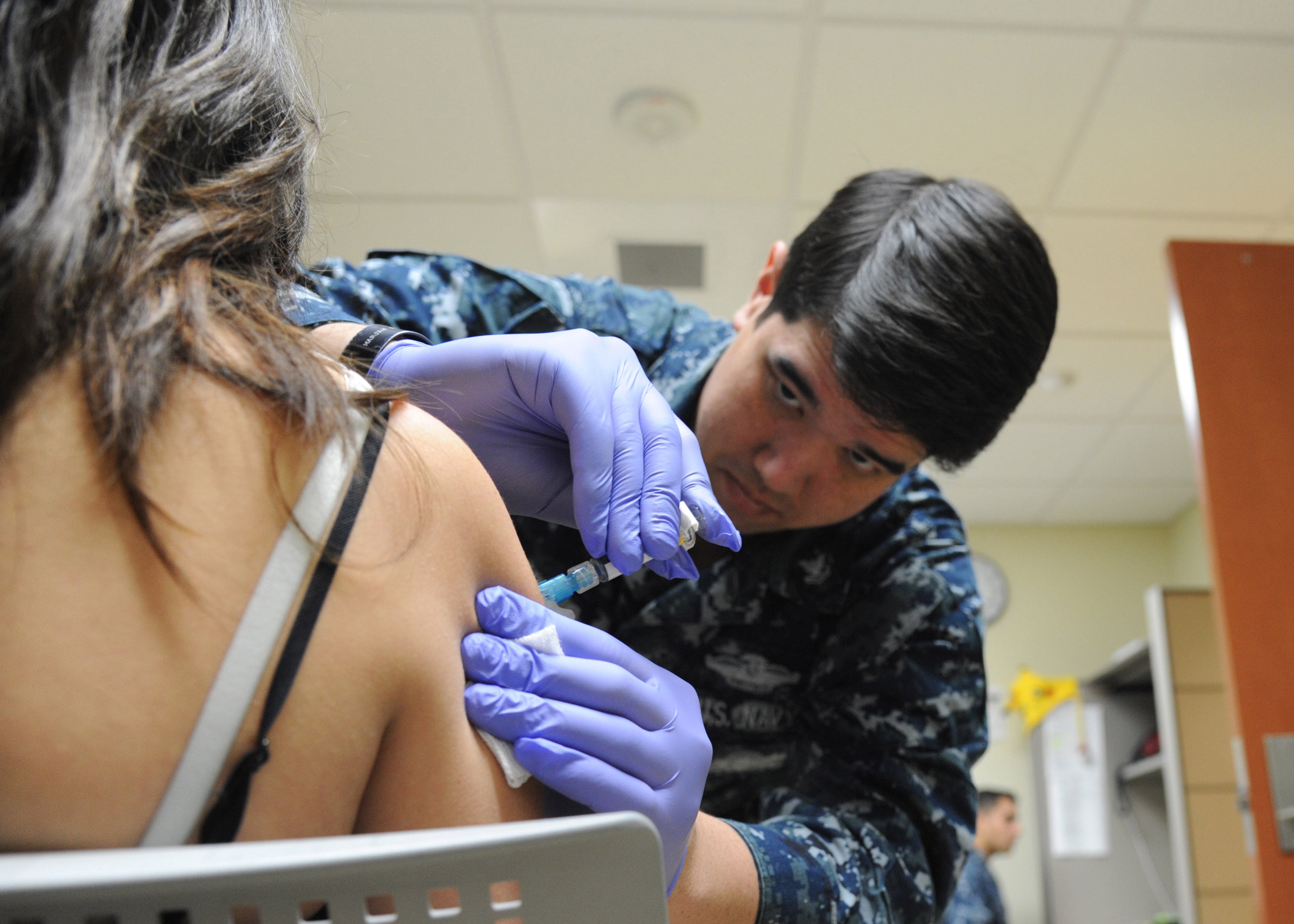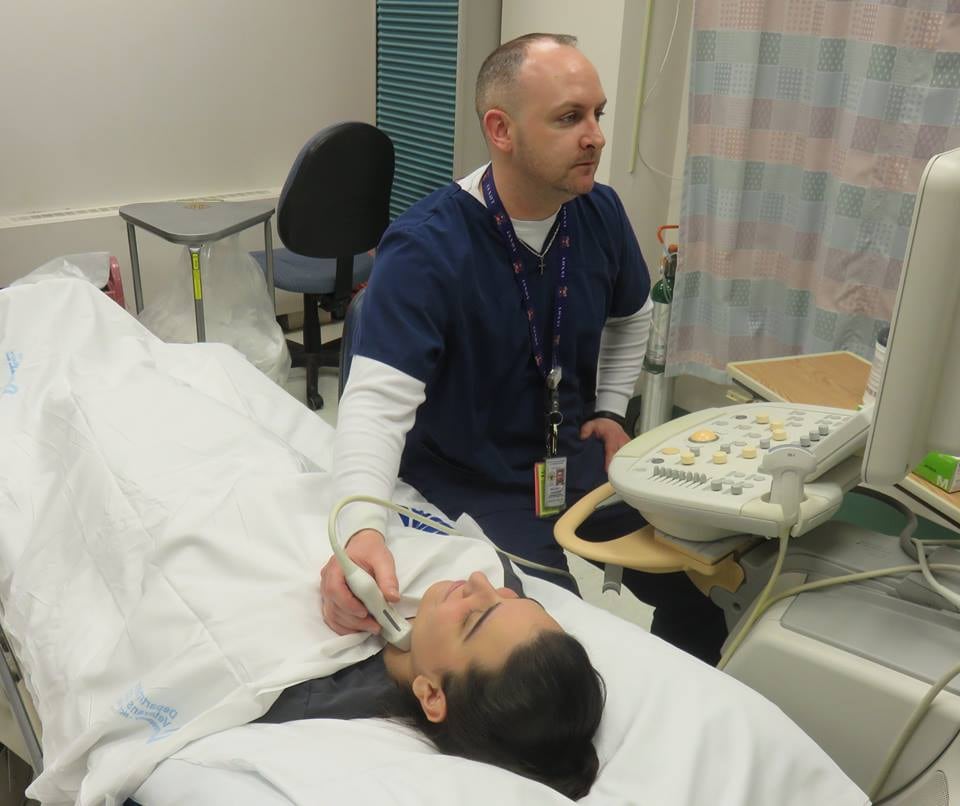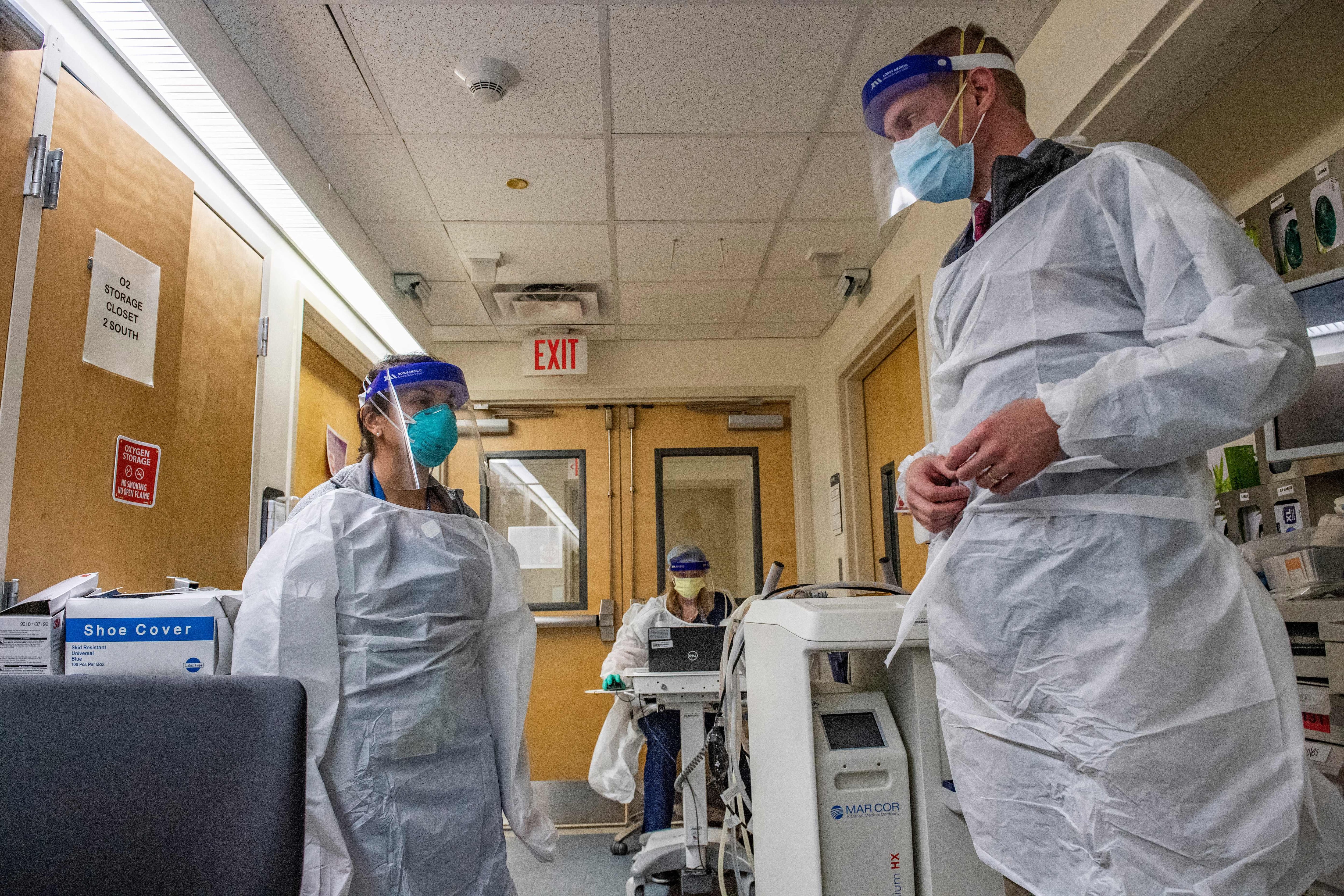On Aug. 5, 2014, Navy Senior Chief Raina Hockenberry was visiting a military academy in Kabul, Afghanistan, when an Afghan soldier turned and opened fire on the group.
In the “green-on-blue” attack, Hockenberry was shot five times. Two bullets shattered her tibia, one hit her groin and the two remaining bullets hit her stomach.
The attack killed Army Maj. Gen. Harold Greene, the first American general officer to be killed by combat fire since Sept. 11, 2001. It also wounded 17 other coalition and Afghan forces.
Nearly four years later, now-Master Chief Petty Officer Hockenberry has returned to service and has taken up the post of personnel and administrative officer on board the USS Port Royal.
Although that is her official title, “the great thing about being on a ship is that you are anything and everything,” she said.
Hockenberry also recently won eight gold medals and set four records while competing in the 2018 Warrior Games in Colorado Springs, Colorado. She competed in rowing, powerlifting, cycling and swimming.
In four months, she will represent the U.S. at the Invictus Games in Sydney, Australia.
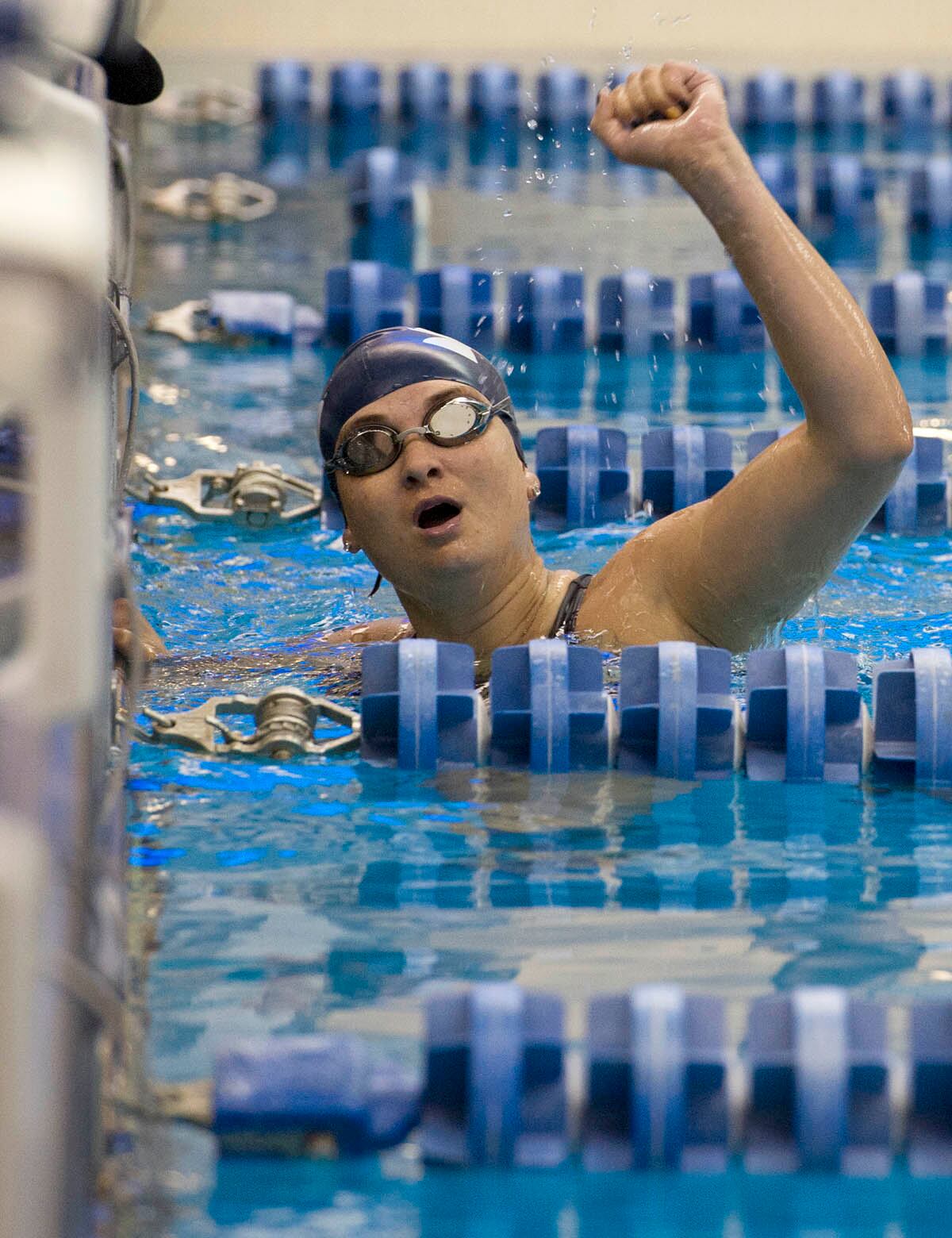
But Hockenberry’s recovery wasn’t easy.
In the attack, she lost almost seven inches of her tibia when it was shattered by bullets.
As part of her recovery process, she wore a Taylor Spatial Frame, a contraption that includes a metal rod that connected the two pieces of her tibia. The frame stretched the bone one millimeter a day to try and reconnect the broken tibia.
Had the treatment, known as “limb salvage,” not worked, doctors would have been forced to amputate.
RELATED
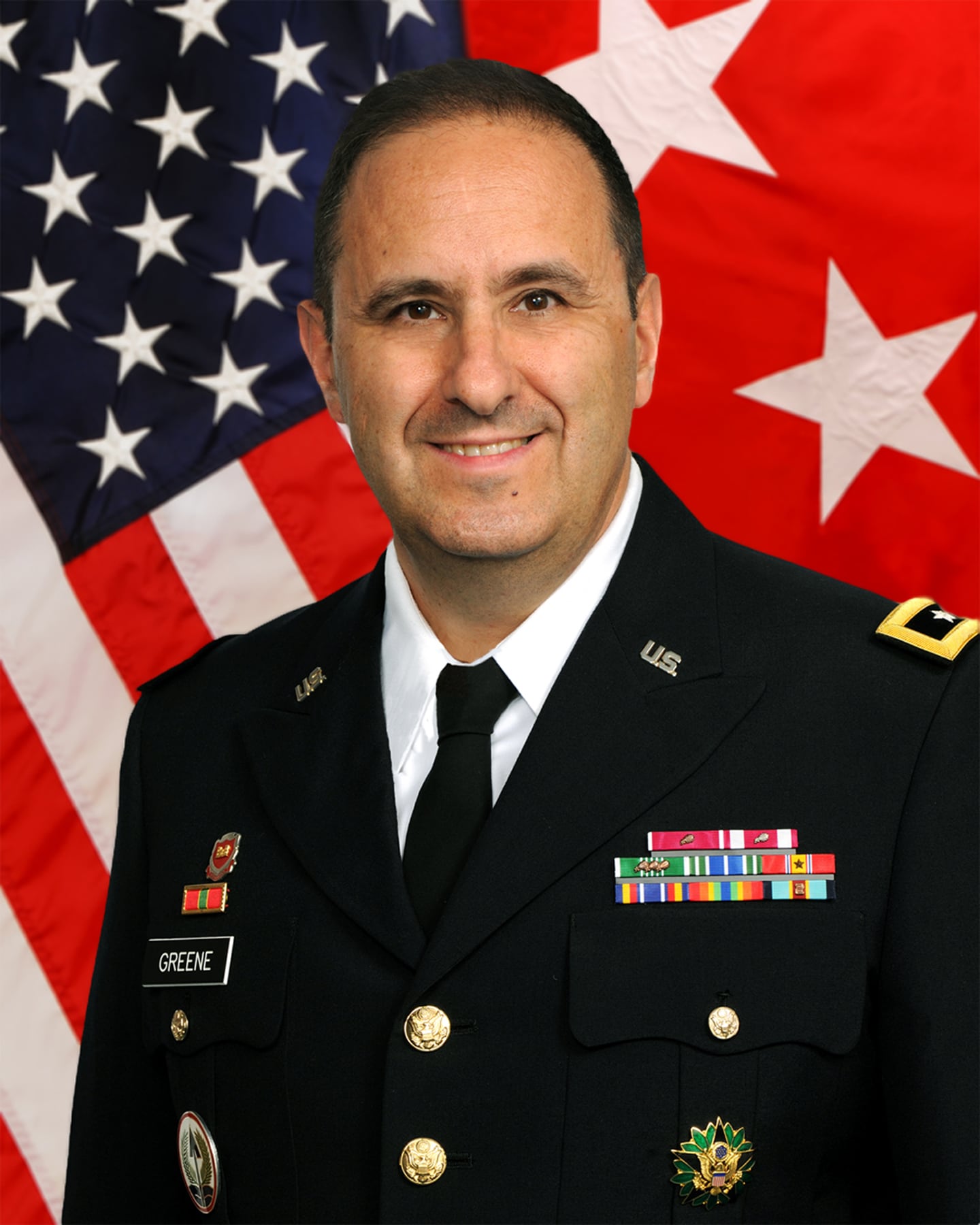
Due to the severity of her wounds, a medical retirement looked imminent for Hockenberry.
But she refused to give up and continued to work to remain active duty, even doing work on a laptop while recovering at the Walter Reed National Military Medical Center in Bethesda, Maryland.
“I was severely injured to the point where a medical retirement made sense, but I can’t imagine not serving in the military,” Hockenberry said told reporters at the Pentagon during a recent media event. “It’s part of who we are, and my fellow brothers and sisters in the military, we all believe in what we do. And I could not imagine not standing with them.”
During her recovery, she was awarded a Bronze Star and a Purple Heart. She also got the chance to return to Afghanistan in 2016 as part of a program called Operation Proper Exit, which brings veterans wounded in Iraq and Afghanistan back to where they were hurt.
Seeing her old working area in Afghanistan was good her, Hockenberry said.
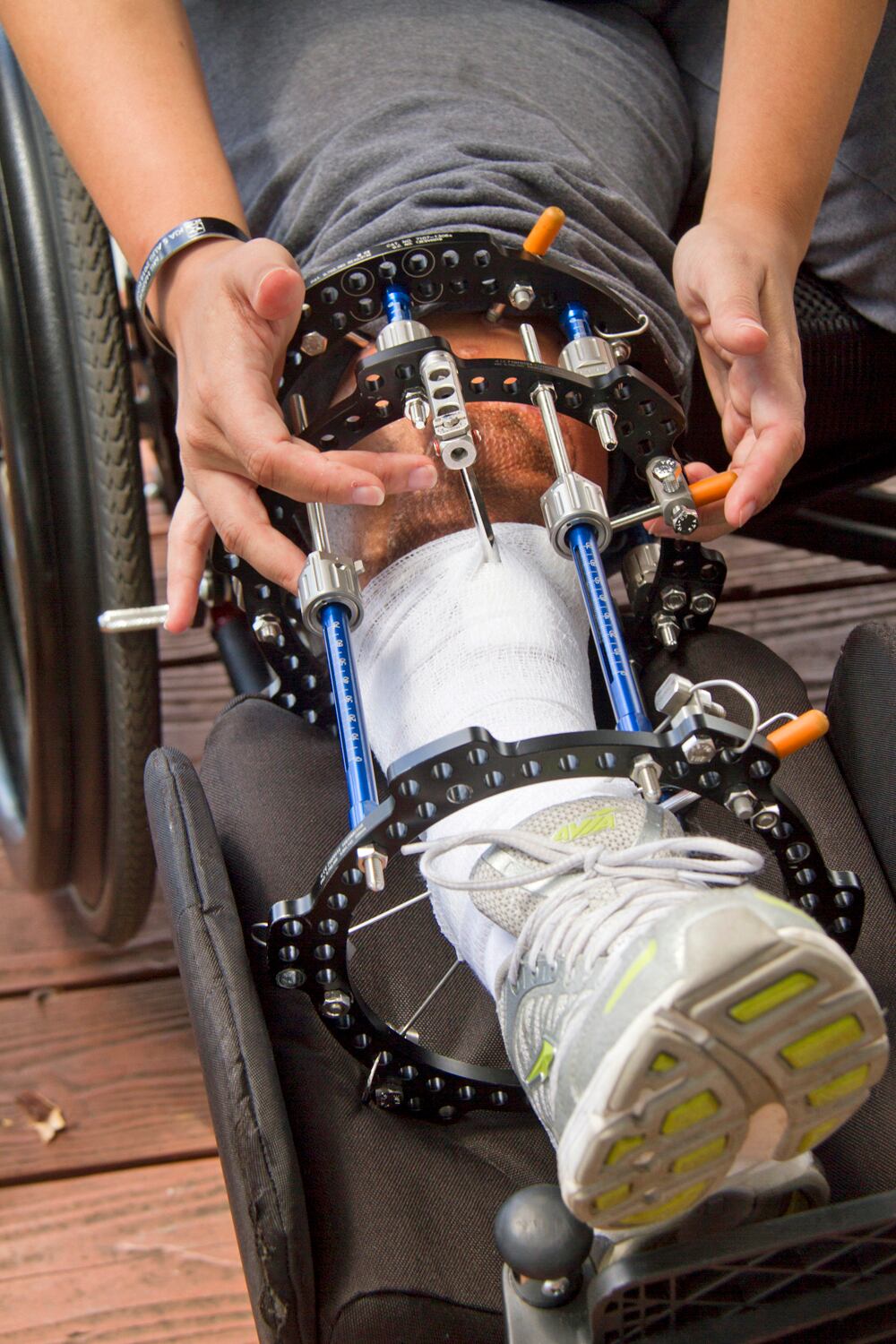
Now that she’s back on active duty, Hockenberry doesn’t plan on giving up that privilege anytime soon.
“It’s just what we do,” she said. “We serve as much as we can. I plan on serving for as long as I can be effective.”
Most importantly, Hockenberry wants to change how she believes the vast majority of people view veterans who were critically wounded in combat.
“One of the big messages I’m trying to bring across is that even though we’ve been injured and hurt, we can still give to the military,” she said. “Because we are people who are fighting to be there. It’s part of who we are.”
Noah Nash is a rising senior at Kenyon College in Gambier, Ohio. At school, he is the editor in chief of the Collegian Magazine and the digital director of the Collegian, Kenyon's newspaper.


